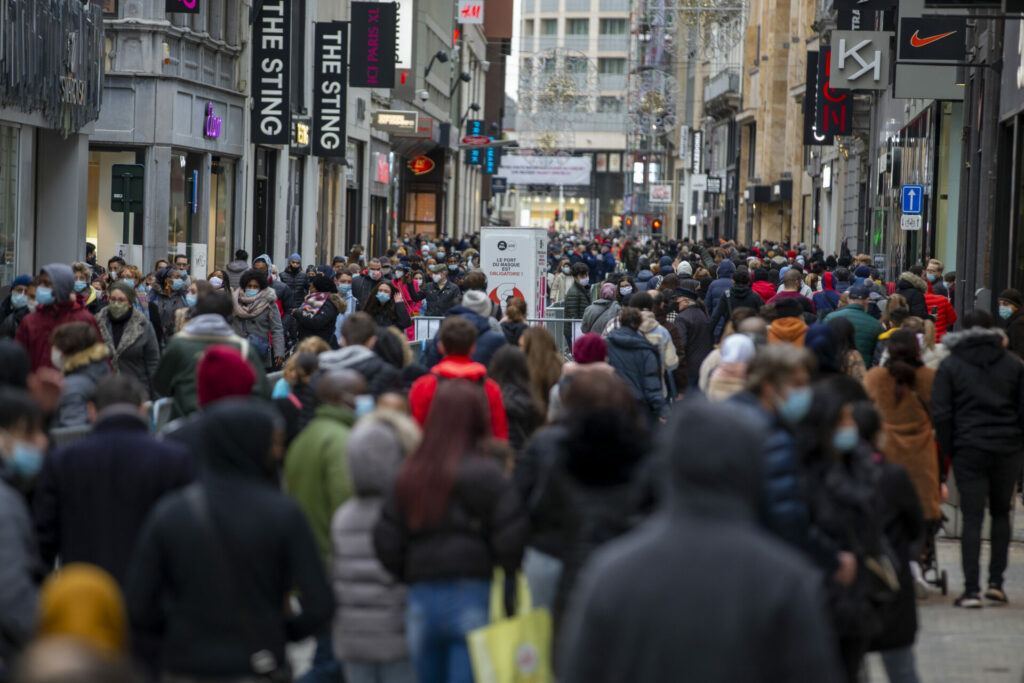Bankruptcies in Belgium are set to increase this year, with high energy prices and government-mandated wage indexations expected to force many small and medium-sized enterprises (SMEs) to close, l'Echo has reported.
According to market analysis firm GraydonCreditsafe, bankruptcies across Belgium increased from 1 in 217 businesses in 2021 to 1 in 151 last year — a rate increase of 44%. The bankruptcy rate was particularly elevated in Brussels, where 1 in 101 declared themselves insolvent in 2022. (In Flanders, the bankruptcy rate was 1 in 158, while in Wallonia it was 1 in 176.)
Despite the pronounced increase in bankruptcies compared to 2021, the bankruptcy rate actually remained relatively stable in Belgium for two-and-a-half years until September last year, when it began to rise rapidly. GraydonCreditsafe expects this negative trend to continue well into next year.
"The economic shock of Covid-19 has not yet been fully digested, while the shocks of energy prices and wage indexation are looming," explained Eric Van den Broele, the Director of Research at GraydonCreditsafe.
SMEs to suffer the most
Van den Broele noted that SMEs are likely to suffer the worst effects of the upcoming economic crisis.
"The smaller a company is, the less it will be able to pass on the increase in costs to its customers," he explained. "In the retail trade, for example, we can expect a wave of closures, but especially takeovers, with big players swallowing up the smaller ones. Otherwise, we risk ending up with empty spaces in the city centres."
Related News
- 'I may be crying wolf': Belgian economist calls for major change to wage indexations
- Three-quarters of Belgian independent retailers fear bankruptcy
GraydonCreditsafe's analysis is corroborated by the results of a recent poll, which found that three-quarters of Belgian independent retailers fear bankruptcies over the coming months. Shopkeepers attributed their financial difficulties to multiple factors, including soaring energy bills, government-mandated wage indexations of employees, inflation, the increasing popularity of online shopping, and global geopolitical tensions.
The survey also found that the vast majority of shops had resorted to cost-saving measures in order to remain solvent, including reducing their heating and switching off their outdoor lighting.
GraydonCreditsafe's analysis also comes against the backdrop of a general worsening of the economic climate across the EU and, indeed, much of the world. On Sunday, the Managing Director of the International Monetary Fund (IMF) noted that she expects half of the EU — and one-third of the global economy — to be in a recession next year.

